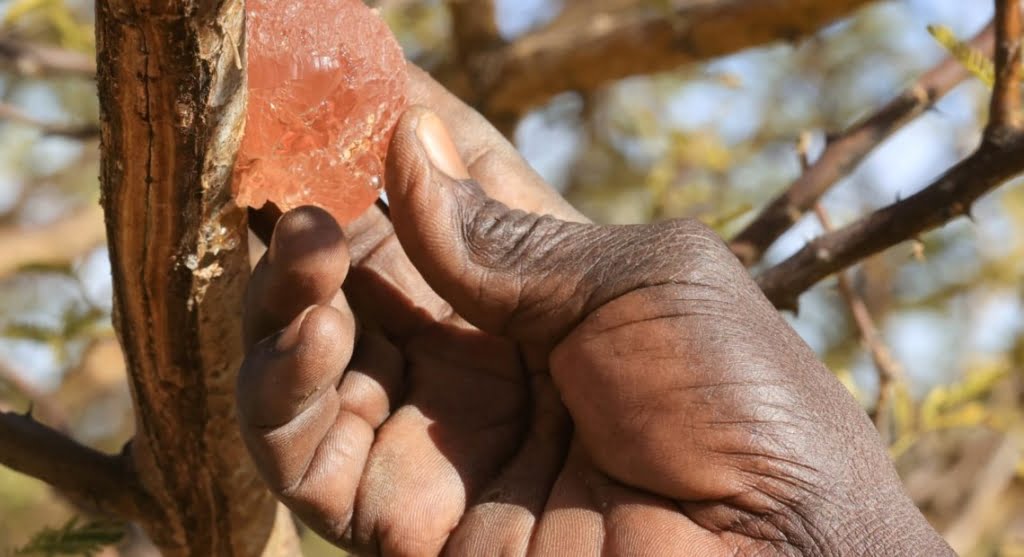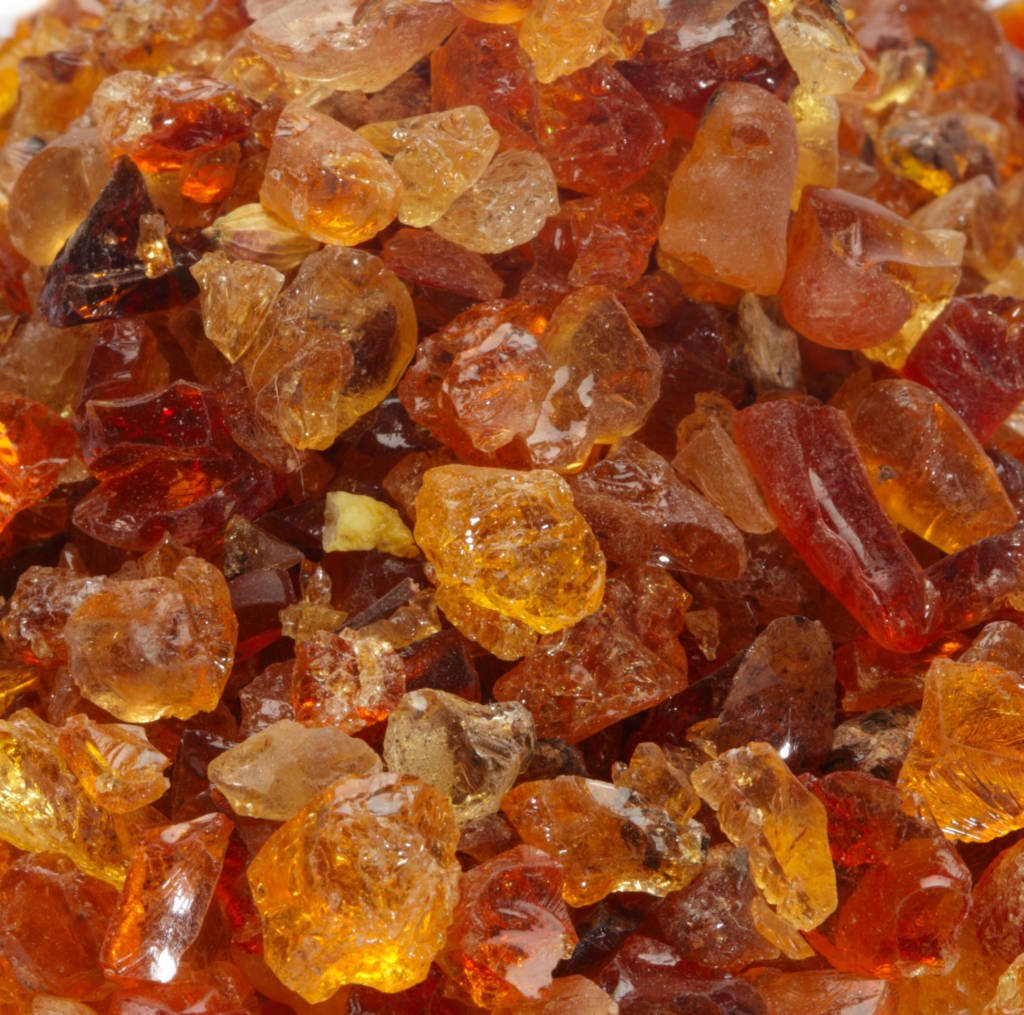Arabic Gum, also known as Acacia Gum, is more than just a staple in the food and pharmaceutical industries—it’s a product deeply rooted in the environment from which it is harvested. As the demand for natural and sustainable ingredients grows, understanding the ecological impact of Arabic Gum production is crucial. At Ajigofarms, where we ship this valuable commodity worldwide, we are committed to ensuring that our practices promote both economic growth and environmental sustainability.
The Ecological Significance of Acacia Trees
Arabic Gum is derived from the sap of Acacia trees, primarily Acacia senegal and Acacia seyal, which are indigenous to the Sahel region of Africa. These trees play a vital role in their ecosystems:
- Soil Stabilization: Acacia trees are known for their deep root systems, which help prevent soil erosion in arid and semi-arid regions. This is particularly important in areas prone to desertification.
- Carbon Sequestration: Like all trees, Acacias absorb carbon dioxide from the atmosphere, helping to mitigate the effects of climate change. They also release oxygen, contributing to cleaner air.
- Biodiversity: These trees provide habitats for various species of birds, insects, and other wildlife, supporting biodiversity in the region.
Sustainable Harvesting Practices
Sustainability in Arabic Gum production begins with the careful management of Acacia tree populations. At Ajigofarms, we support practices that ensure the long-term health of these trees:
- Selective Harvesting: Instead of over-tapping the trees, which can lead to their decline, farmers are trained to harvest gum in a way that allows the trees to recover and continue to thrive.
- Community-Based Management: In many regions, Arabic Gum production is a community-driven activity. Local communities, often relying on traditional knowledge, manage the forests, ensuring that the resources are used responsibly.
- Reforestation Efforts: To counteract deforestation and land degradation, some areas have initiated reforestation programs, planting new Acacia trees to replenish those that have been lost.

Economic and Environmental Balance
Arabic Gum production provides a livelihood for millions of people in the Sahel region, many of whom live in some of the world’s most challenging environments. The income generated from gum harvesting helps to reduce poverty and supports local economies. However, this economic benefit must be balanced with environmental considerations.
At Ajigofarms, we believe in promoting ethical and sustainable practices that protect the environment while supporting local communities. We work closely with our suppliers to ensure that the gum we source is harvested in a way that does not harm the ecosystem.
Challenges and Opportunities
While the ecological impact of Arabic Gum production is generally positive, challenges remain. Climate change poses a significant threat to Acacia trees, with changing rainfall patterns and increasing temperatures potentially reducing gum yields. Additionally, there is the ongoing issue of land use competition, where agricultural expansion can lead to the loss of Acacia forests.
However, these challenges also present opportunities. Innovations in sustainable agriculture and forest management can enhance the resilience of Acacia trees to climate change. Furthermore, the growing global demand for natural products like Arabic Gum creates an incentive for producers to adopt sustainable practices.
Conclusion
Arabic Gum production, when managed sustainably, can be a powerful tool for environmental conservation and economic development. At Ajigofarms, we are dedicated to exploring and supporting practices that minimize the ecological footprint of this valuable commodity. By doing so, we ensure that Arabic Gum remains not only a product of the present but also a resource for the future.
As we continue to ship high-quality Arabic Gum worldwide, we remain committed to fostering a balance between ecological preservation and economic growth. Through sustainable production practices, we can protect the environment and the livelihoods of those who depend on it, ensuring that the benefits of Arabic Gum extend far beyond the products it helps to create.




